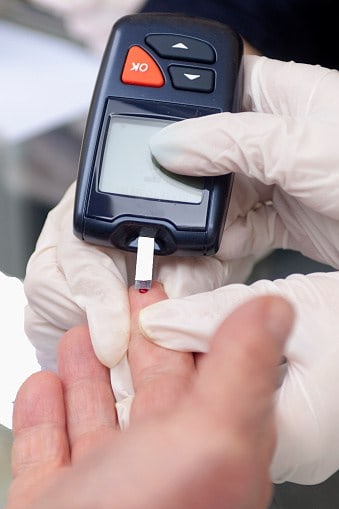
According to new data from the International Diabetes Federation (IDF) released at a World Diabetes Day event in Brussels on November 11, 415 million adults have diabetes and an additional 318 million are currently at risk. According to IDF, most countries spend from five to 20 per cent of their healthcare budget on the disease. IDF calls on governments to target diabetes risk factors and adopt fiscal policies on unhealthy foods; using revenues generated to improve prevention of type 2 diabetes and care for all people with diabetes and those at risk.
Type 2 diabetes accounts for roughly 90 per cent of all diabetes cases worldwide and has strong links to unhealthy lifestyles.
According to IDF, Middle East and North Africa region as one of the areas worst affected. It is estimated that the number of adults with diabetes in the region will increase more than two-fold by 2040, taking the regional total from 35 million adults with diabetes to 72 million or from 9.1 per cent to 11.4 per cent of the adult population.
South and Central America is also expected to experience a sharp climb in diabetes rates with an estimated 65 per cent increase in cases by 2040, resulting in one adult in eight with diabetes by 2040.
“If we cannot take steps to prevent type 2 diabetes and improve management of both type 1 and type 2 diabetes, we risk not only the health of people but also economies and the livelihood of future generations,” says Dr Petra Wilson, IDF’s CEO. “A co-operative response from the G20 governments, which has been key in reacting to the global financial crisis, is also essential to improving health outcomes for people with diabetes”.
Accoring to IDF, total healthcare spending on diabetes in 2015 totaled USD 673 billion and will increase to $802 billion by 2040. Mortality from diabetes is greater than HIV/AIDS, tuberculosis and malaria combined, causing one death every six seconds.








